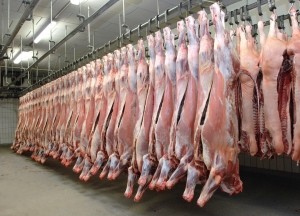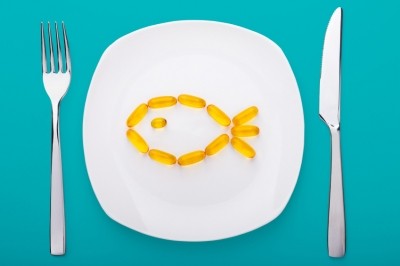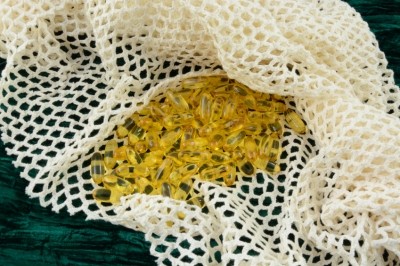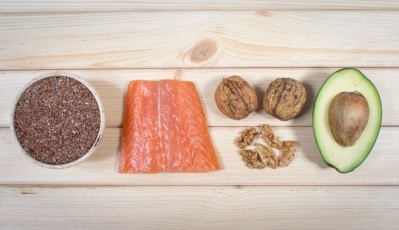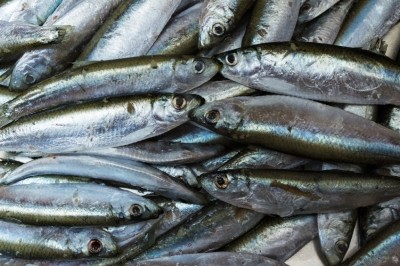‘Fish oil is not an animal by-product’: Nordic firms challenge food-feed divide
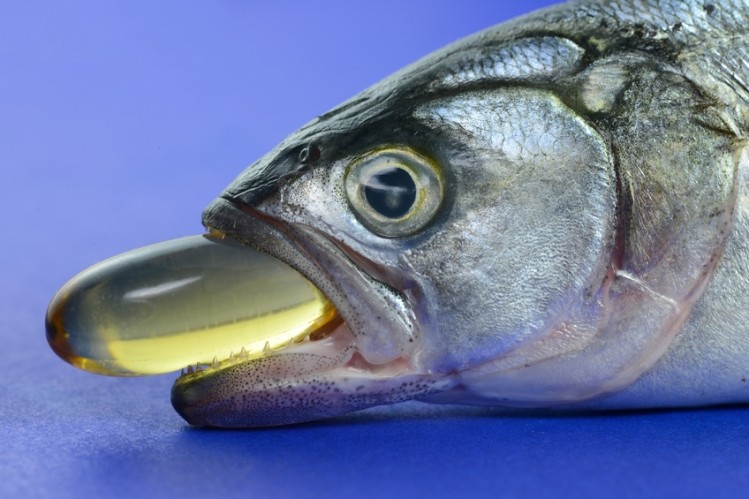
EU regulation sparked by the ‘mad cow disease’ – or bovine spongiform encephalopathy (BSE) – crisis requires animal by-product processing to be separate from food production.
Animal by-products (ABPs) are materials of animal origin that people do not consume, and fishmeal and processed animal protein come under this definition along with organic fertilisers like manure and hides and skins for leather.
This is something which has caused big unexpected issues for fish oil players producing for both the food and feed markets, which must completely separate production for the two sectors even if the raw material is the same.
Countries like Denmark have already aligned with the regulation, but this year saw Norway begin enforcement of the rules.
Anne Mette Bæk Jespersen, director of the trade groups Marine Ingredients Denmark and EUfishmeal, told us this was a “very big problem” for Scandinavian industry.
She said the regulation had meant most fish oil for human consumption was coming to the EU from Iceland and Peru where producers were already in line with the requirements.
The trade groups as well as key local players like TripleNine Group - a merger of Danish TripleNine and Norwegian Vedde – and Danish fish meal and oil producer FF Skagen were now challenging the national authorities on this in a bid for fairer competition.
'We don’t belong there'
Mette Bæk Jespersen said lawyers had been tasked with finding alternative proposals for EU-wide regulation, which would also cover Norway and Denmark.
Ideally this would be something like a test of quality markers like oxidation to distinguish food- and feed-grade oil.
“Our problem is we don’t see ourselves as coming under this category [of animal by-products] – we process fresh fish,” she said. “We don’t belong there – this [regulation] was made for slaughterhouse waste.”
She hoped the lawyers would have more answers in September and in Denmark specifically a dedicated working group has been promised by the authorities.
“Maybe we should have our own regulation. But I can’t point to a solution.”
TripleNine says the regulation changes in Norway this year had come out of the blue at a time when the company was trying to diversify into the higher value food market.
Algae in bloom
Sustainability concerns have sparked interest in alternatives to fish oil in the feed sector.
Talking with our sister publication FeedNavigator last year, Alex Obach, managing director at Skretting Aquaculture Research Centre (ARC), said almost 70% of fish oil in salmon diets was being replaced by vegetable-derived oils such as rapeseed oil in Europe.
Yet such vegetable oils do not provide EPA or DHA, leading key players like DSM to look to algal sources as a desirable alternative with good sustainable and nutrition credentials.
Its R&D manager Ola Flesland told us at a press trip organised by Norwegian biomarine cluster LEGASEA that traditionally the company had focused on feed for the aquaculture market. However looming competition from algal sources of feed had forced the company to innovate into food.
“If algae replaces fish meal, and we’re still doing the same thing, then we will have a problem. We need to look to other things.”
Forcing a tide change
One such alternative avenue came in 2014 when it began supplying fish oil from wild North Atlantic pelagic fish species like sand eel and herring to the company NobleHarvest for its NordicSilver product.
Launched at the industry event Vitafoods that year, the product was pushed for its “freshness and flavour”.
However the regulation changes have meant this project is now “on hold”.
“This hit us. Maybe we need to build a new factory and this will take time,” he said.
“It has caused some problems for us. It came out of the blue for us.”
Nonetheless the company still has its eye on other value-added food applications like the use of fish proteins against sarcopenia, which was currently being studied by a PhD student at the University of Bergen.
Animal studies had already been completed and clinical trials were next on the cards.
